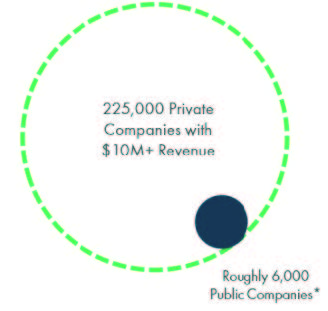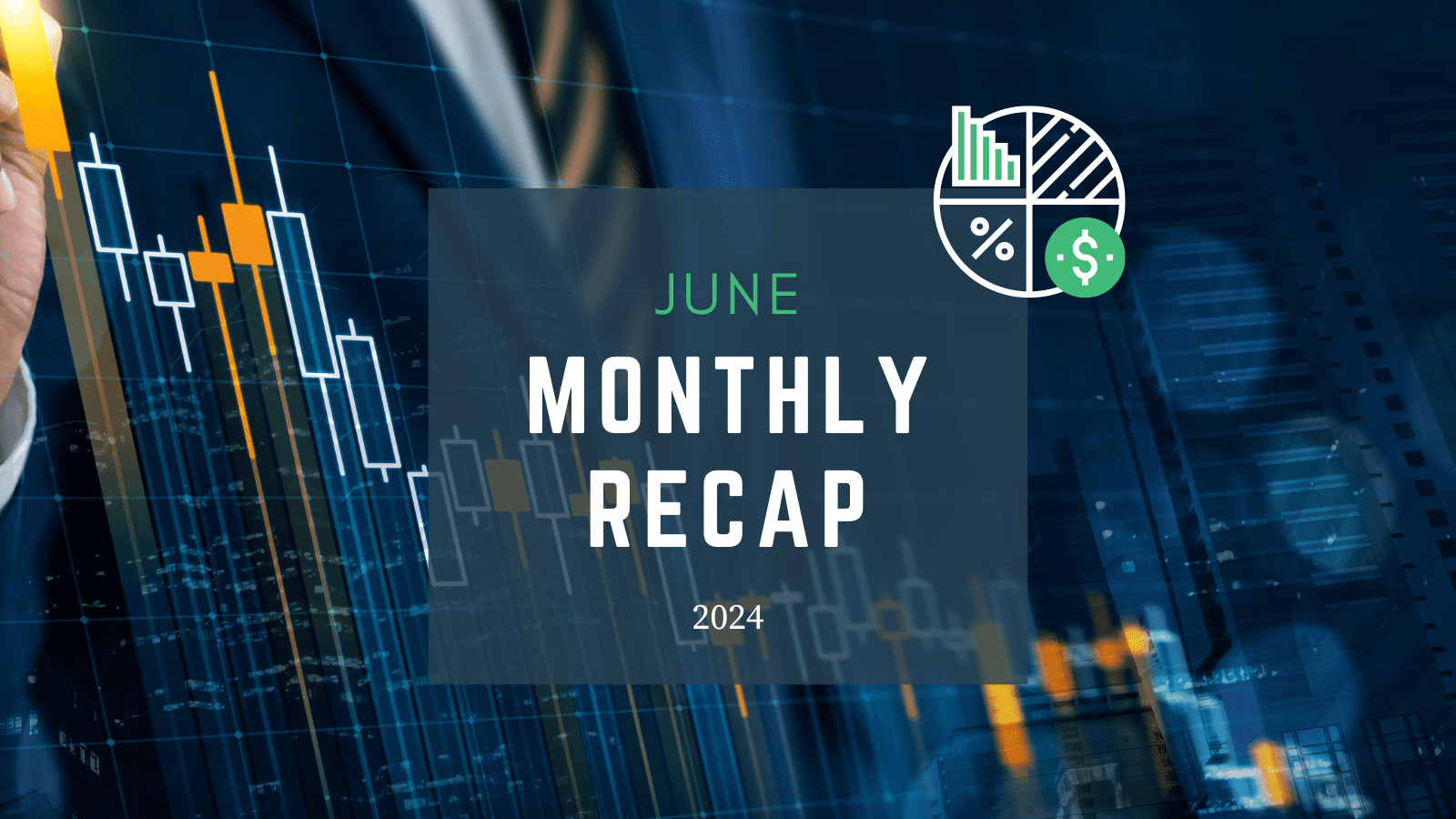Click here to download the PDF Version.
Here are some factors for evaluation.
Over the past 18 months, several clients have expressed concern about keeping all or the majority of their investments in the public stock markets. The dramatic drop in stock prices in 2022, combined with the amount of market volatility, raised concerns about future returns and drove them to consider new ways to pursue growth.
After several conversations, some clients made a major change in their portfolios: They shifted a modest percentage of their traditional stock and bond investments – into private investments.
For patient investors seeking long-term results, private investments are an option to consider. They help diversify a portfolio by tapping into investments with the prospect of significant returns, often offering a premium return over investing in the S&P 500 or another equivalent public market index.
Before considering this path, it is important to understand how private investments work, the potential benefits and possible risks. Private equity investing involves raising funds from investors and using those dollars to acquire ownership in companies that are not publicly traded.
Private equity firms then work to enhance the company’s value through various strategies, such as operational improvements and expansion. The ultimate goal is to achieve returns by selling the company for a profit, which typically happens in years 5 – 10. Unlike investing in the stock market, dollars committed by investors are typically not handed over all at once. Rather, they are “called”, or drawn down over a period of time, typically 2 – 5 years as the firm works to identify which companies they will partner with.
Exploring private equity investing involves comprehending the sector and tailoring strategies to each individual’s situation. This is where Moneta comes in: We often assume the role of matchmaker. We conduct comprehensive due diligence on a wide range of fund managers, products, and opportunities, gaining insights that enable us to provide well-informed recommendations tailored to the specific requirements of each client. This process also involves getting to know our clients and taking into consideration the bigger picture before settling on our investment recommendation.
For example, we recently helped a couple who was frustrated with the volatility of their public market investments. After educating them on private investments, they became excited about differentiation and access to non-public companies. Through analysis and dialogue, it was decided to reallocate their portfolio to include a target allocation to private investments.
For individual investors, investing in the private markets has several potential benefits. These include:
Larger Opportunity Set
Private companies are substantial contributors to the United States economy. For reference, today there are roughly 6,000 public companies in the United States with annual revenues greater than $10 million. That’s a small slice (not even 3%!) of corporate America where there are upwards of 225,000 private businesses of that size.

*Source: Cambridge Associates, J.P. Morgan Asset Management, as of Q1 2023
Potential for Favorable Risk/Reward Profile And Uncorrelated Returns
Private investments are often pursued with the aim of achieving diversification and attractive risk-adjusted returns over an extended period.
Bespoke Investment Solutions
Institutional investors, family offices, and high-net-worth individuals can collaborate with their advisors to create tailored portfolios that align with their specific investment preferences and requirements.
Impact Investing Opportunities
Private markets provide avenues for impact investing, where investors can align their financial goals with social and environmental objectives. Impact-focused private investments allow investors to support positive societal or environmental outcomes while pursuing a financial return. However, while there are significant benefits to private investments, there are also risks to consider.
Long-term Nature of Investment Cycle and Asset Illiquidity
An investor’s money is often held for several years and is not readily accessible. This period of time enables management to execute their strategy for growth in an uninterrupted fashion. Investors are usually rewarded later for the lack of liquidity in the form of distributions as companies are sold.
Manager Selection
Performance dispersions among managers are much wider in private markets than in public markets, and it is often difficult to replace or fire managers during their fund life. In addition, because there is little publicly available information about these companies, there is an increased need for proper due diligence to determine if a prospective investment is based on reasonable information, is being conducted by a reputable team, and whether past results have been favorable.
As with any investment, there are unique risks that go beyond the scope of this piece. However, when investing in private equity funds makes sense for a client’s goals and suitability, the right opportunities can provide significant long term benefits.
If you would like more information or have questions, please contact us at privatemarketteam@monetagroup.com. We encourage a conversation to help individuals determine if private equity investments should be a part of their portfolio.
© 2023 Advisory services offered by Moneta Group Investment Advisors, LLC, (“MGIA”) an investment adviser registered with the Securities and Exchange Commission (“SEC”). MGIA is a wholly owned subsidiary of Moneta Group, LLC. Registration as an investment adviser does not imply a certain level of skill or training. The information contained herein is for informational purposes only, is not intended to be comprehensive or exclusive, and is based on materials deemed reliable, but the accuracy of which has not been verified.
Trademarks and copyrights of materials referenced herein are the property of their respective owners. Index returns reflect total return, assuming reinvestment of dividends and interest. The returns do not reflect the effect of taxes and/or fees that an investor would incur. Examples contained herein are for illustrative purposes only based on generic assumptions. Given the dynamic nature of the subject matter and the environment in which this communication was written, the information contained herein is subject to change. This is not an offer to sell or buy securities, nor does it represent any specific recommendation. You should consult with an appropriately credentialed professional before making any financial, investment, tax or legal decision. An index is an unmanaged portfolio of specified securities and does not reflect any initial or ongoing expenses nor can it be invested in directly. Past performance is not indicative of future returns. All investments are subject to a risk of loss. Diversification and strategic asset allocation do not assure profit or protect against loss in declining markets. These materials do not take into consideration your personal circumstances, financial or otherwise.



